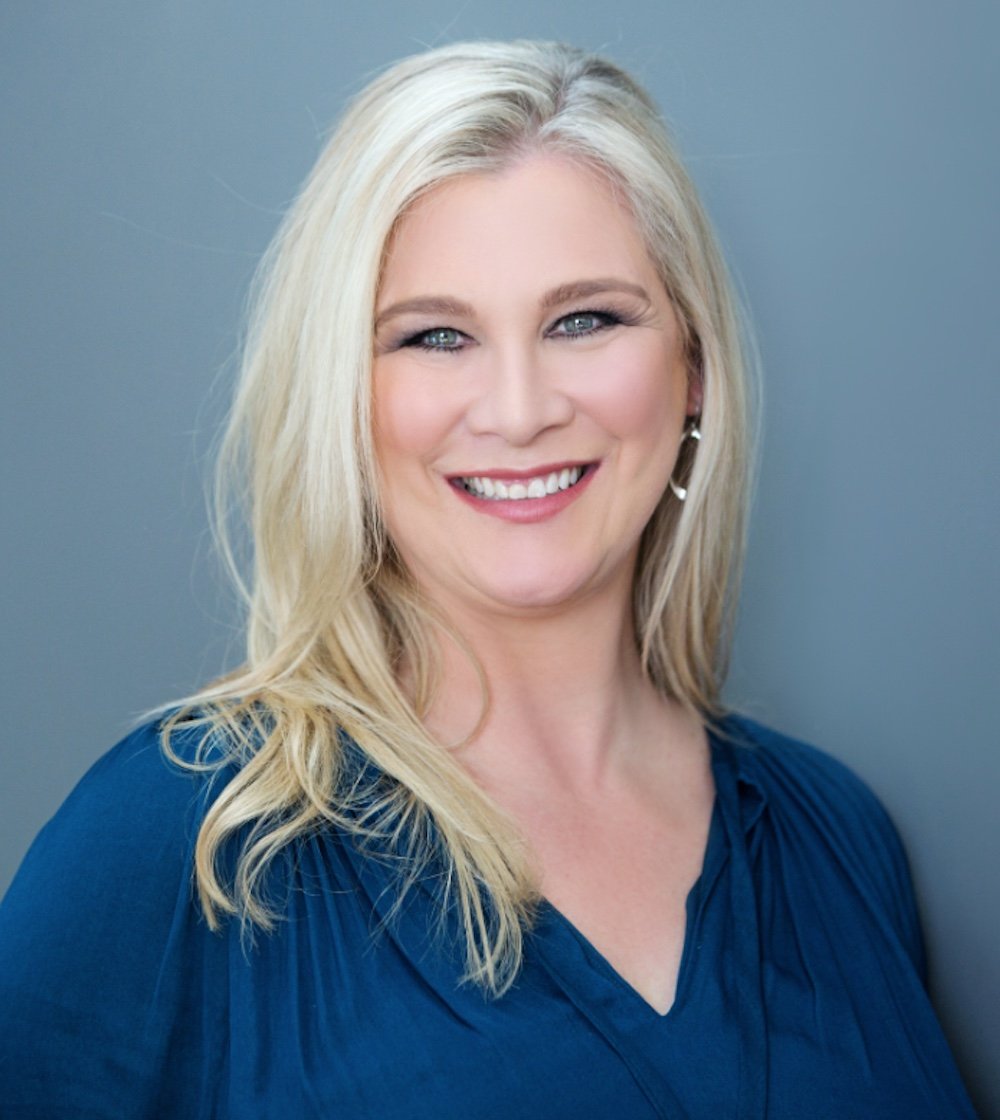by Anja van Beek
The start of a New Year exemplifies a new beginning. It is the first week of 2022 and most people are eager to set New Year’s Resolutions. Research indicates that people are more likely to pursue their goals during times that feel like new beginnings (such as a New Year, Mondays, and birthdays) in their lives. After a challenging 2021, people crave newfound hope and motivation and we could all use a little more positivity in our lives.
A lot of people who make New Year's resolutions generally find them hard to keep. The failure rate for New Year's resolutions is about 80% (U.S. News & World Report), and the majority lose their resolution by mid-February. That is why I recommend that you don’t set New Year’s resolutions. The desire to truly shift your habits don’t correspond with a calendar date.
What should you do instead?
Set small, specific achievable goals for yourself throughout the year. Here are some tips for setting goals and make them stick:
1. Make a plan, not resolutions. A written plan with target dates is essential. Commit to your plan. If there is a hesitancy you are starting on the wrong foot. The fact that it is on paper is an act of commitment itself. It also minimizes procrastination and serves as a check-in point to make sure you are on track. When setting your goals, you must consider possible obstacles as well as ways to overcome them.
2. Is the goal worth it for me? Think about your motivations. Is this goal worth it for you, is this what you really want or is this what society expects? When asking the question “is this worth it for me?” is a test of genuine desire. It must be worth the risk, price or effort. If not, you should scratch the goal.
3. Be mindful of the language used and do not underestimate the impact of your words when setting goals. There is a distinct difference between “I want”, “I would like”, “I hope” or “I’ll try” compared to “I will”, “I promise”, “I commit”. Outline your goals in terms of what you are going to do instead of what you should not do. For example, say that you want to “go to bed a half an hour earlier” rather than saying you want to “stop going to bed so late.”
4. Set a target date. A deadline alerts your body chemistry to react to the timetable you have set. You think, act, and react with urgency. It helps you to focus and eliminate distractions.
5. Your daily routine is the building block of your life. Charles Duhigg states “you can’t break a bad habit; you can only replace it”. Success doesn’t happen by accident or luck; it is about what you do every day. You will never achieve your goals until you change your daily routine. Therefore, your reward, when creating new habits, should be bigger than the effort it takes to achieve it. Consider ways to make the new habit effortless by minimizing or removing obstacles.
Other tips to support you with your goal achievement
1. Use confidence builders. If you made an achievable short-term goal it can act as a confidence enhancer when you reach the goal. This is not about setting an easy goal but rather an achievable goal in a short time.
2. A person’s power and the probability of achieving their goals directly relate to their level of integrity. This is the cornerstone of consciousness coaching and as a coach, I often remind people of this point. It means that “you do what you said you would do by when you said you would do it”. The awareness that our subconscious mind is a bookkeeper of promises given and promises kept, is a powerful element to be aware of during goal achievement.
3. Select an accountability partner or at least share your goal with someone else. Researchers say that sharing your goal does more than keep you accountable, it also makes you more motivated, simply because you care what this person thinks of you.
But what if I fail. How do I kickstart the process?
It is about progress and persistence over being ‘perfect’. 95% of what we do each day is done from habits. Use the “failures” data points and consider what to tweak the next day. So reset, refocus, re-adjust and restart as many times as you need to.
Give yourself some grace. 2021 was hard! Encourage yourself with gentle reminders. And be mindful of your words and language when you talk about the goals and to yourself.
Anja van Beek is a Talent Strategist, Leadership Expert and Coach. This ex-Sage HR Director founded her own consulting and coaching business in 2017. She now partners and consults with leaders and HR teams on all people-related aspects with a specific focus on adopting an agile mindset integrating agile principles and practices. Anja is a leadership coach and an expert in supporting teams to remain relevant and thrive in the future of work. She is a facilitator focusing on leadership development, mentoring and change management. In her career she establishes the HR department and was HR director when the company won the acclaimed Deloitte Best Company to Work For, three times. Anja is a regular thought leader on prominent HR and business news outlets; guest speaker on 702 & Cape Talk’s World of Work feature. She is an International speaker and a confirmed speaker at ATD 2020, world’s largest, most comprehensive event for talent development and learning professionals, talking about the Future of Work and Agile Leadership. Anja has a BComm (Hons) degree in Industrial Relations, she has an international ICF accredited coaching qualification and is a Neurozone Practitioner. In 2018 Anja became one of the first worldwide to be authorised as an Agile Talent professional and authorised instructor.
More articles by Anja














